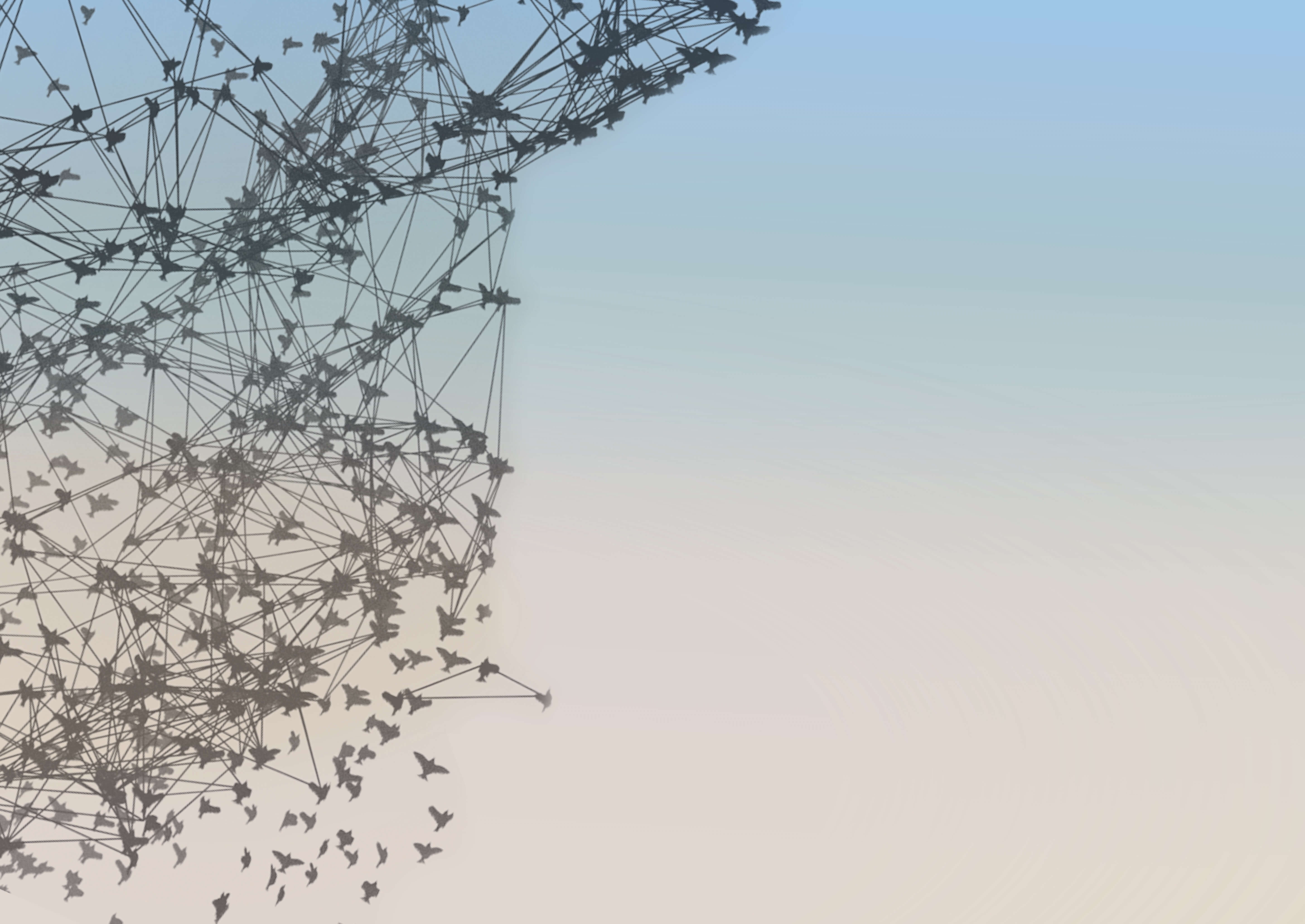thought leadership
What does it take to create award-winning creative campaigns?
Natasha Cowan, Senior Corporate Communications Manager | 4/18/2024
In this Q&A, we speak to three of our medical and marketing leaders who have been honored as judges this award season to explore what it takes to create outstanding work and why winning takes more than a beautiful creative execution.
Creativity is one of the most powerful tools available for driving human connection.
Working in healthcare gives us the unique opportunity to use this tool to create inspiring, authentic, and relevant campaigns that transform people’s lives.
We use our creativity to give patients a voice, drive awareness of diseases, empower underrepresented communities, and challenge barriers to care. Armed with deep insight, a strategic approach, and a powerful idea, we can develop impactful campaigns that connect individuals, motivate audiences, and inspire behavior change to build a healthier world.
The award season is an opportunity for our peers to come together to uncover the leading creative work in our industry. Work that is not only showstopping but evokes meaning and meets unmet needs.
At Avalere Health, we not only enter prestigious awards but several of our medical and marketing team members are also recognized as leaders in the industry and invited to become judges. In this Q&A, we spoke to three of our experts about their experiences on judging panels and what it takes to develop outstanding, award-winning work.
What was it like to be selected as a judge this awards season?
Gareth: I’m used to seeing amazing ideas brought to life for our clients by our teams, day in and day out. However, it is a very different experience to be in the thick of it as part of the creative process compared to judging creativity and reacting to work without prior involvement or context. It was a hugely inspiring and energizing experience.
Gary: I’ve had the good fortune to sit on many award show juries over the years—everything from Cannes to Clios, Effies to Webbys, Mannys to Globals. Of the many things I love about being on a jury, the one I never get tired of is sitting with peers, debating work I had nothing to do with and have no vested interest in, and yet defending it to the death like it was my own. That’s the power of a great idea—when you see one, even if it’s not yours, you fall in love. You want to see it again and again, and you want it to be recognized for how great it is.
Richard: It’s an honor to be recognized by your peers with enough experience, knowledge, and respect to be able to judge the work of others. It is a privilege to sit with other outstanding talents in our industry, really get under the skin of different executions, and unpick what they are trying to achieve and how well they do in context of the competitive landscape.
What do you look for when judging creative work?
Gareth: As a judge, you look for work that informs, delights, and surprises. You want to be reminded of a personal or profound moment and have a sense of a shared experience. You also want to be caught off guard by emotional heft or even unexpected laughter. Most of all, you want to immediately get a genuine sense of purpose—the “so what” of the campaign, asset, or solution.
Gary: While each show requires judges to look at the work from a specific perspective, one common element crosses every category. Is there an idea? And is that idea original, motivating, and engaging? The Effies are arguably one of the toughest awards to win because you have to prove your work achieved market-busting results, but it still comes down to which entries have the best ideas.
Richard: I look for originality of idea, execution, and the ability to communicate the message. No matter how good the creative is, it becomes worthless if the story and narrative are not communicated well. It’s not just about developing something beautiful or innovative—it’s about meeting that unmet need to really shift behaviors and drive engagement.
What work made the biggest impression on you?
Gareth: The work that stood out the most were the projects with a well-defined purpose and a clear position. These entries effectively communicated a viewpoint or perspective with power and purpose. They had a distinct voice. Crucially, they made me feel a genuine human reaction—surprise, hope, sadness, joy. It was a pleasure to see how peers across the industry had crafted communications that achieved these objectives and, most importantly, had a very tangible purpose at their heart.
Gary: I remember a few years back, sitting on a Cannes Jury, locked in a room for five long days and nights with some of the smartest, most talented creative leaders in our industry, arguing over this one piece of film. The jury had passed on it, only giving it finalist status. But one of the judges really felt passionate about it. He brought it back from the dead, made an impassioned plea on why it was award-worthy, and asked us to give it another look. In the end, not only did we give it a medal, we gave it a gold. That memory stays with me every time I enter a jury room.
Richard: The work that made an impression on me was original and different, but it was also relevant. It’s not about making a point for the sake of it. Some executions used shock and awe for an immediate impact, but the relevance was lost quickly. The best work is unique and incredibly creative, but it also strongly conveys the message intended.
What makes a piece of creative work truly outstanding?
Gary: I often wince when I hear some judges praising a mediocre idea because it moved the needle or surpassed goals. That’s great. It’s also what our work is supposed to do. That’s the job. Award shows are about work that goes beyond that and digs deeper to find a real insight and turn that insight into something extraordinary while still blowing away business objectives. It’s not one or the other. That’s what makes it hard to win and the work worthy of an award.
Richard: Great creative work is about understanding and meeting an unmet need. It’s also about developing a creative execution that is authentic. You don’t need a huge budget to achieve outstanding creative work. Some big-budget and beautifully crafted executions were marked down as the core messages were not coming through, while some smaller agencies with less money did fantastic work.
Gareth: Creativity at its best says something in a way nobody else is saying, shows something that nobody else is showing, or spots a connection that nobody else has seen. Creativity in healthcare allows us to take this to another level, so we’re not just saying something new—we’re connecting with real, deep purpose.
Seeing a thriving, vibrant industry do this time and again for different diseases, patients, and treatment areas is thrilling. Making the connection between creativity and purpose helps shift beliefs and behaviors, which in turn allow better health to happen.

